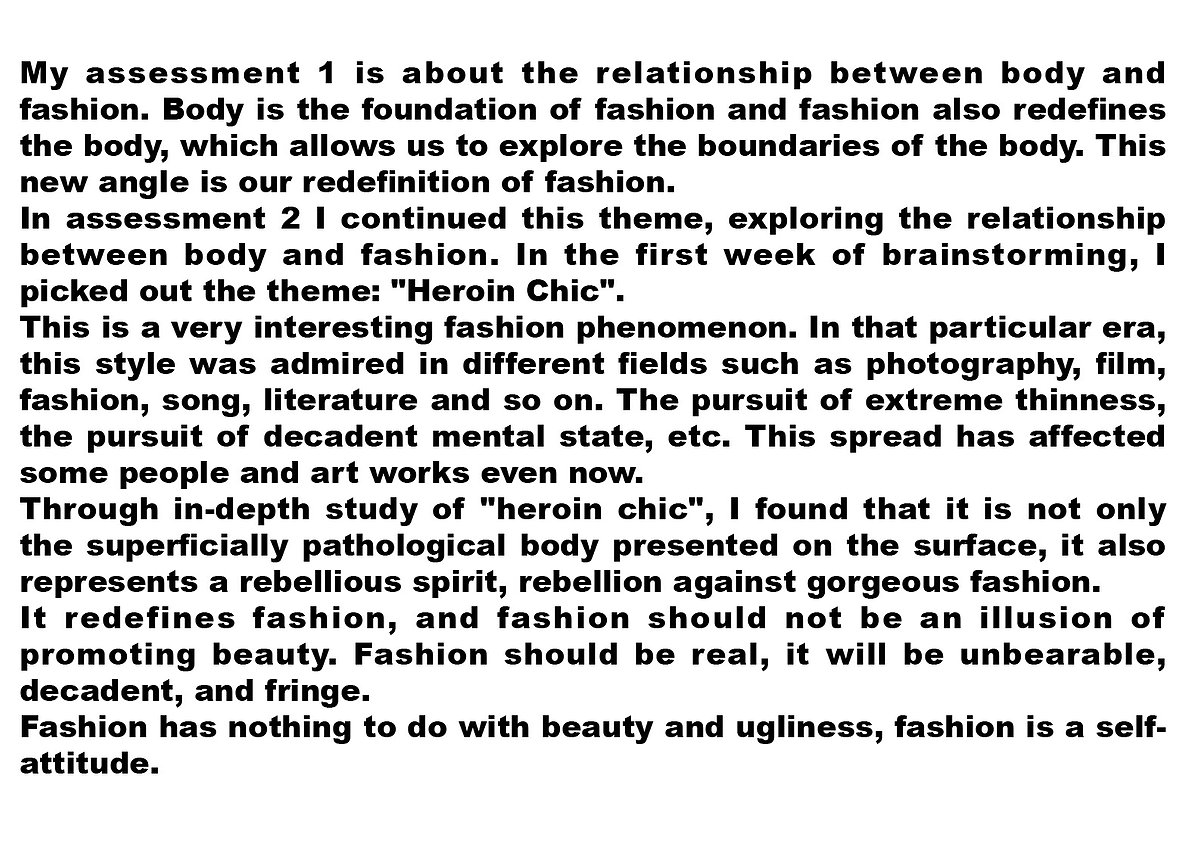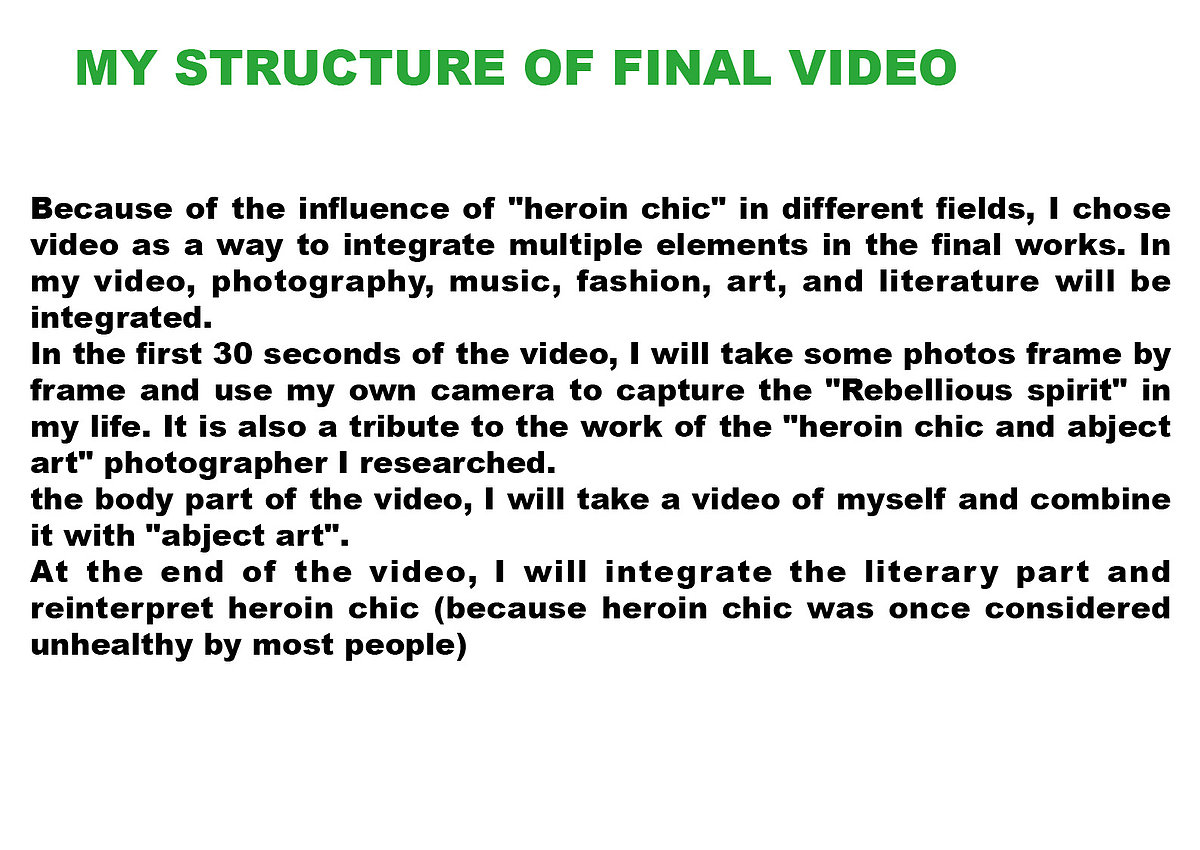04 STAY UGLY
Art today can give you anomie, no problem. bittersweet? You got it. Tristesse? What size you want that in? But great art, as defined by those in the great-art-defining business, is almost never about simple, unironic happiness.
You could argue that art became more skeptical of happiness because modern times have seen such misery. But it’s not as if earlier times didn't know perpetual war, disaster and the massacre of innocents. The reason, in fact, may be just the opposite: there is too much damn happiness in the world today.
Today the messages your average westerner is bombarded with are not religious but commercial, and relentlessly happy. Fast-foods eaters, news anchors, text messengers, all smiling, smiling, smiling, except for that guy who keeps losing loans to ditech. Our magazines feature beaming celebrities and happy families in perfect homes. And since these messages have an agenda—to pry our wallets from our pockets—they make the very idea of happiness seem bogus. “celebrate!” Commanded the ads for the arthritis drug celebrex, before we found out it could increase the risk of heart attacks.
Now, like the dog that chased and finally caught the car, we don't know what the hell to do with it. What we forget—what our economy depends on us forgetting—is that happiness is more than pleasure sans pain. The things that bring the greatest joy carry the greatest potential for loss and disappointment. Today, surrounded by promises of easy happiness, we need someone to tell us that it is ok. Not to be happy, that sadness makes happiness deeper.
We need art to tell us, as religion once did, memento mori: remember that you will die, that everything ends, and that happiness comes not in denying this but in living with it. It’s a message even more bitter than a clove cigarette, yet, somehow, a breath of fresh air.

